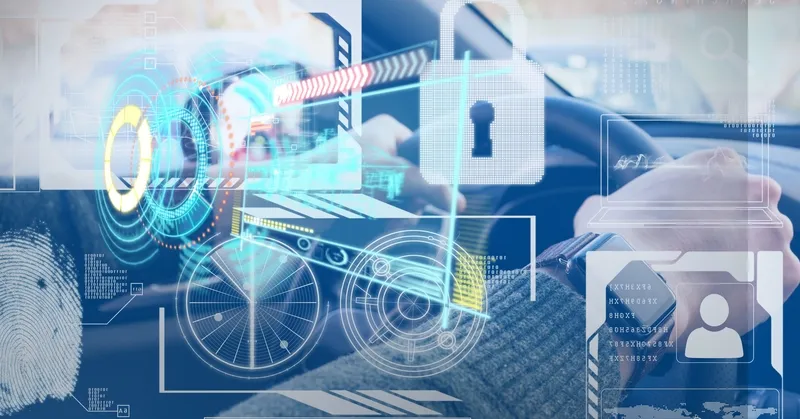People are more anxious about adopting digital services in travel than they are in other areas of their lives, according to Russell Goodenough, the company’s managing director of business and transport.
Just 40% of people would put their trust in an AV - and the transport sector is falling behind in the race to digitisation, the company says.
Speaking at a media forum in London, UK, Goodenough said there is a positive correlation between satisfaction of digital services and adoption rates within the financial services and retail sectors.
“The people working in our businesses aren’t immediately reaching to the same sorts of digital tools that people in other industries do,” he explained.
However, he believes the transport sector could learn from those industries and deliver digitisation less riskily – but he acknowledges there are challenges posed by rapidly-changing business models. “We are deeply exposed to disruption and new entrants coming into the market and taking existing revenue streams.”
The Fujitsu forum included speakers from
Simon Reed, head of technology and data for surface transport at TfL, says the company is facing challenges through operating without government subsidies and dealing with passenger expectations to have real-time information.
“There’s a natural expectation that we are going to provide a more seamless service and that’s why we are looking at digital and co-operative ways of doing things.”
David Elliot, IT programme lead for airport operational systems at Heathrow airport, says the organisation does not move quickly and recognises the “sheer level” of collaboration necessary to turn data into information as a key challenge.
River Tamoor Baig, founder of Hack Partners, explains how the company’s hackathon events bring innovators outside of the transport sector to solve try and solve these problems. The team is presented with challenges and data sets and has 48 hours to come up with a solution to be presented to the industry.
Reed says TfL worked with insurance professionals and lawyers in a similar way to address issues surrounding where in London AVs could run and what this means for the insurance industry.
Tamoor Baig says a good first step is to open up data and make it more accessible.
“But a second step may be, your data being utilised by someone else in your ecosystem to add value back to your customers and their own customers,” he adds.
‘Only 20% of people’ would put their child inside an AV, says Fujitsu
Only 20% of people would be prepared to put their child inside an autonomous vehicle (AV), according to research from Fujitsu.
People are more anxious about adopting digital services in travel than they are in other areas of their lives, according to Russell Goodenough, the company’s managing director of business and transport.
Just 40% of people would put their trust in an AV - and the transport sector is falling behind in the race to digitisation, the company says.
Speaking at a media forum in Lo
July 24, 2018
Read time: 3 mins
Only 20% of people would be prepared to put their child inside an autonomous vehicle (AV), according to research from 5163 Fujitsu.










